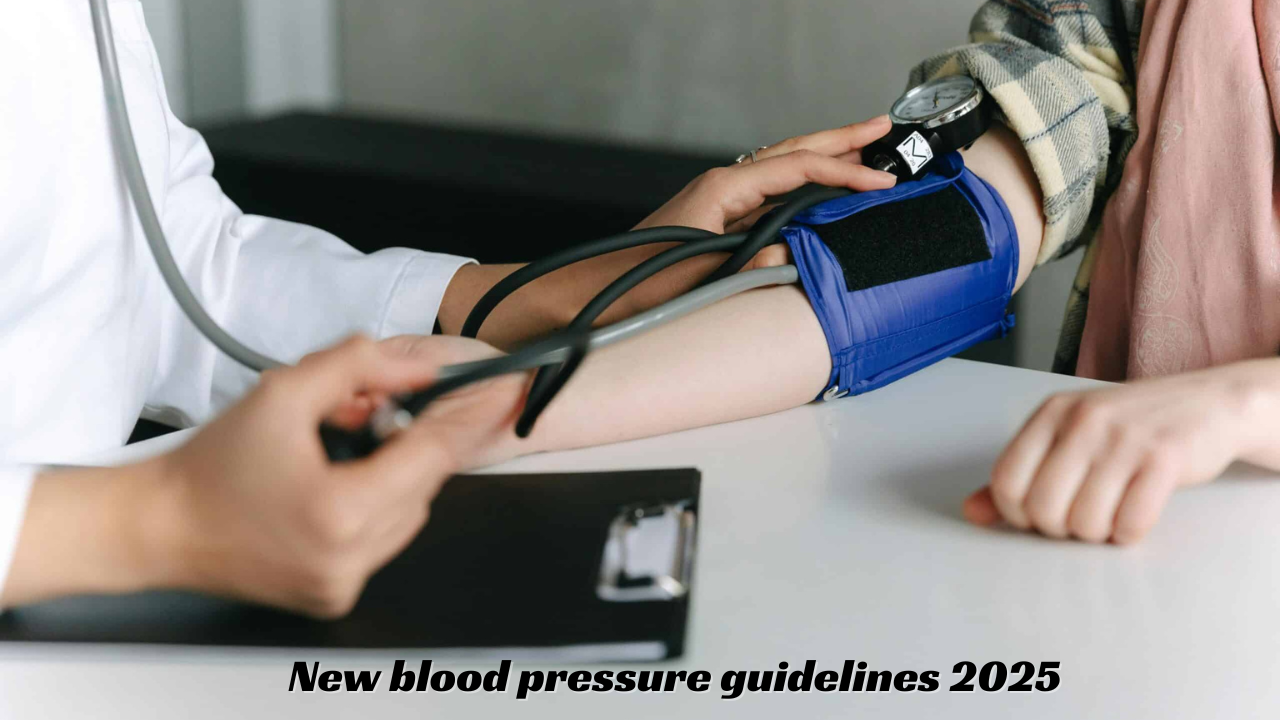The American Heart Association (AHA) and American College of Cardiology (ACC) have jointly published their first major update in six years on the prevention and management of hypertension. The newly revised guidelines emphasize stricter treatment initiation measures and a major lifestyle shift—complete avoidance of alcohol—to reduce high blood pressure risks.

Hypertension: A Growing Concern
According to the AHA and ACC, nearly 50% of adults in the United States are affected by hypertension. Often referred to as the “silent killer” by the World Health Organization, the condition rarely shows symptoms in its early stages. When symptoms do appear, they may include headaches, dizziness, breathlessness, or nosebleeds, which usually develop in advanced stages.
The thresholds for diagnosis remain unchanged:
- Normal blood pressure: less than 120/80 mmHg
- Elevated: 120–129/80 mmHg
- Hypertension: 130 mmHg or higher
Key Changes in the 2025 Guidelines
- Lifestyle First for Stage 1 Hypertension: Patients with a systolic reading of 130–139 mmHg will initially be advised to adopt lifestyle modifications such as regular exercise, reduced salt intake, and a balanced diet. If there is no improvement within 3–6 months, medication may be recommended.
- Zero Alcohol Tolerance: Unlike the 2017 guidelines, which allowed moderate consumption, the new update stresses complete abstinence from alcohol. Research shows that even small amounts can elevate blood pressure.
- Sodium and Potassium Balance: Daily sodium intake should not exceed 2,300 mg (with 1,500 mg as the optimal target), while potassium-rich foods and substitutes are strongly encouraged.
- DASH Diet Promotion: Emphasis is placed on the DASH diet, which includes fruits, vegetables, whole grains, lean proteins, and low-fat dairy.
- Exercise and Weight Management: At least 150 minutes of weekly physical activity is recommended. Individuals with obesity are encouraged to lose at least 5% of body weight to see improvements.
- Pregnancy Awareness: Expectant mothers and women planning to conceive should monitor blood pressure closely, as hypertension poses risks to both mother and child.
Why Hypertension Control Matters
If untreated, high blood pressure can lead to heart disease, kidney failure, stroke, vision loss, and even dementia. Long-term risks also include severe complications such as coronary artery damage, cardiac arrest, or blood vessel rupture.
Early detection, timely lifestyle interventions, and strict adherence to the guidelines can help reverse hypertension and support long-term heart health.
